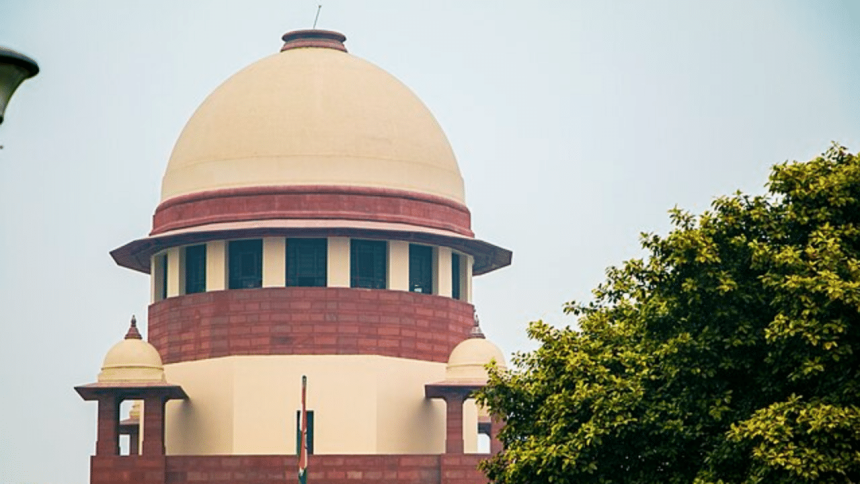
New Delhi: The Centre told Supreme Court on Wednesday that while Waqf is an Islamic concept, it is not an essential part of Islam. The government said that while defending the Waqf Amendment Act which has triggered widespread protests and debates, and has even led to a legal challenge. Solicitor General Tushar Mehta, representing the Centre, told the apex court, “Waqf is an Islamic concept, no doubt about it, but it is not an essential part of Islam. Waqf is not a fundamental right.”
He added that the government is the guardian of property of 140 crore citizens in the country and it was the duty of the State to ensure that public property is not diverted in an illegal manner. He said, “A false narrative is created that they will have to provide documents, or Waqf is captured en masse.” Mehta also said that the purpose of Waqf is charity and the main task of a Waqf board is to discharge secular activities. He countered the arguments of the petitioners against the inclusion of non-Muslim members in Waqf bodies, and said, “Having 2 Non-Muslims, what will it change? It is not touching any religious activity.”
Also, Mehta said that a few petitioners are not representatives of all Muslims. He said, “We received 96 lakh representations. The JPC (Joint Parliamentary Committee) had 36 sittings. There were repeated deliberations with the JPC. They took various inputs from different Muslim bodies. Thereafter, a voluminous report was submitted, where suggestions were accepted/rejected with reasons. Then it was passed with unprecedented debate.”
He also touched upon the definition of Waqf as said by the Centre and explained, “If there is a building which may be government property, can the government not examine whether the property belongs to the government?” Mehta discussed the point that only a practising Muslim for five years can make a Waqf donation and said, “Even Shariat has Section 3 that says you have to establish yourself as a Muslim. It does not mean you have to offer namaz 5 times a day or not drink wine, etc. In some cases, difficulties have arisen regarding whether properties are subject to Waqf or not.”










